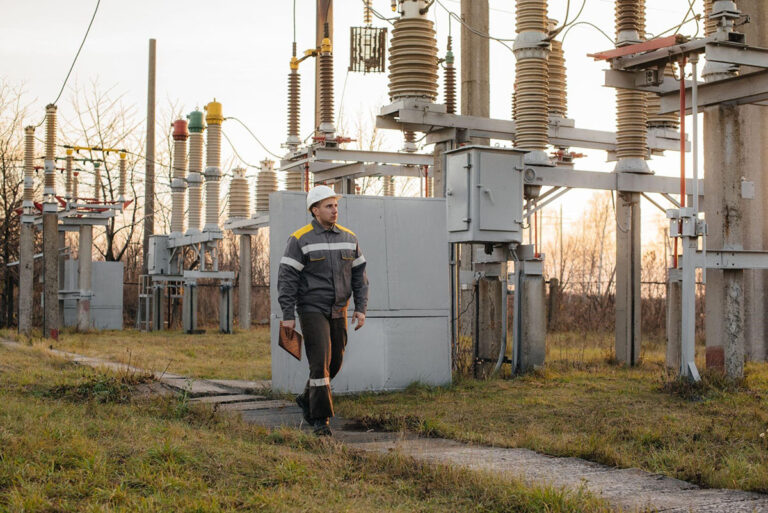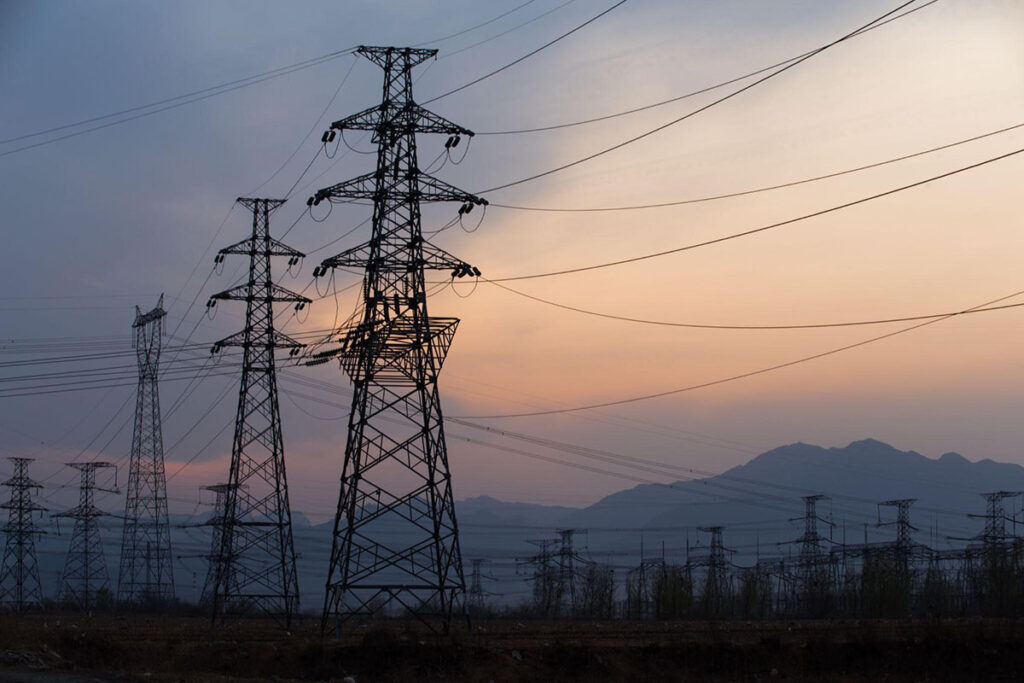The North American Electric Reliability Corporation (NERC) plays a pivotal role in maintaining the stability and security of electrical grids across North America. By setting robust NERC reliability standards, NERC aims to mitigate risks and ensure consistent power supply. Despite these efforts, violations of NERC standards are not uncommon, often resulting in significant NERC violation fines. This situation underscores the critical need for industries within the power sector to improve their compliance strategies and deepen their understanding of NERC requirements, thereby safeguarding the safety and efficiency of their power systems. Below are four of the most commonly violated NERC standards.
FAC-008: Facility Rating Methodology
FAC-008, or the Facility Ratings Methodology, is a crucial NERC standard that frequently sees noncompliance. This standard mandates that industries develop methodologies to determine the maximum safe operating capacity of their facilities. Violations of NERC FAC-008 typically occur due to inadequate methodologies or insufficient documentation. A notable instance involved CCI Signal Hill LLC, which was fined $50,000 for not appropriately documenting the high side terminal of the main step-up transformer. This case emphasizes the need for industries to establish and rigorously adhere to well-documented methodologies for assessing their facilities’ capacities, ensuring all documentation is comprehensive and covers all necessary aspects, including transformer terminals.
PRC-005: Protection System Maintenance
PRC-005, concerning the maintenance of Protection Systems, Automatic Reclosing, and Sudden Pressure Relays, consistently ranks high among NERC violations. This standard requires diligent maintenance and testing of crucial components. It stands out among the most violated NERC standards due to its broad scope and stringent requirements for the ongoing maintenance and reliability of protection systems. Numerous entities have faced substantial fines for missing maintenance intervals and incomplete testing records, highlighting the challenges in meeting the exhaustive requirements of NERC PRC-005.
VAR-002: Automatic Voltage Regulators
VAR-002, focusing on Automatic Voltage Regulators (AVRs), mandates that these devices must be operational at all times, except during maintenance or emergencies. Noncompliance usually arises from failures to maintain the continuous operation of AVRs. For instance, the GDC Operator was fined $2,500 for not keeping its AVRs in automatic mode as required, which led to voltage stability issues. This example underscores the importance of strict operational monitoring to comply with NERC VAR-002 and maintain grid stability. Operators must ensure that AVRs are always in automatic mode, except during designated maintenance or emergencies, and conduct regular checks to verify their continuous operation.

CIP-002: BES Cyber System Categorization
CIP-002, part of the NERC CIP security standards, requires the categorization of Bulk Electric System (BES) Cyber Systems based on their impact on grid reliability. Accurate identification and categorization of these systems are essential for ensuring appropriate cybersecurity protections. Utilities often struggle in this area, as evidenced by a significant violation where an Unidentified Registered Entity (URE) was fined $115,000 for not including 85 Cyber Assets (CAs) using a routable protocol within a control center on its list of Critical Cyber Assets (CCAs). This case highlights the complexity of CIP-002 compliance in a dynamically evolving cyber landscape and the potential financial consequences of noncompliance.
Enhancing Compliance and Reducing Violations
To reduce the frequency of violated NERC standards, it’s essential for utilities to enhance their compliance strategies. This includes regular training for staff on NERC standards, leveraging technology for better compliance management, and conducting internal audits to identify and rectify potential noncompliance issues before they escalate. By focusing on these areas, utilities can not only avoid costly NERC violation fines but also contribute significantly to the resilience and reliability of the North American electrical grid system.
Final Thoughts
The frequent violations of NERC standards, particularly FAC-008, PRC-005, VAR-002, and CIP-002, illustrate the complexities and challenges faced by utilities in ensuring grid reliability and security. A proactive approach to compliance, backed by a thorough understanding and implementation of NERC standards, is crucial for the ongoing safety and efficiency of the power sector. By addressing these challenges head-on, the power industry can take significant strides towards a more secure and reliable electricity grid.
To view recent NERC penalties, click here.
Disclaimer: Any opinions expressed in this blog do not necessarily reflect the opinions of Certrec. This content is meant for informational purposes only.












